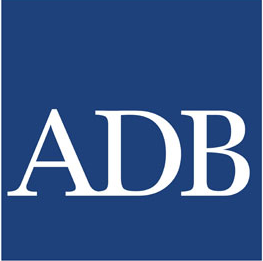Dialogue on Labor Migration in the Greater Mekong Subregion
This joint virtual dialogue organized by Asian Development Bank (ADB) and the International Organization for Migration (IOM) on Labor Migration in the Greater Mekong Subregion (GMS) covering Cambodia, the People’s Republic of China (specifically Yunnan Province and Guangxi Zhuang Autonomous Region), Lao People's Democratic Republic, Myanmar, Thailand and Viet Nam aims to strengthen cooperation through enhanced labor migration management. This dialogue will be held on 8 September 2020 from 1:30 p.m. to 4:30 p.m. (Manila/Beijing time) via videoconference. Click on this Microsoft Teams link to join the meeting. You can also choose the web app and enter the Conference ID 375 385 546# when prompted.
The dialogue will break down the multidimensional links between migration and development, with a particular emphasis on responding to the socioeconomic impacts of the COVID-19 pandemic. Presentations will focus on the need to ensure intraregional labor mobility is gender responsive and fuels economic recovery in communities of origin and countries of work, while also integrating health and social protections. Focus will be on how key initiatives such as IOM’s Poverty Reduction through Safe Migration, Skills Development and Enhanced Job Placement (PROMISE) project can be adapted to respond to medium and long-term impacts of the crisis and also support the community and human resource development priorities of the GMS Program Long-term Strategic Framework 2030.
The discussion is expected to expand participants’ knowledge of labor migration trends with projections for pandemic-related impacts; take stock of the implications of migration costs and debt as well as remittance reductions and their impact on socioeconomic recovery; explore ethical recruitment pathways through recruitment industry reform, regulation and government-to-government agreements; and explore integrated approaches for sustainable reintegration in response to economic contraction. It is envisaged to guide future discussions on opportunities for action and coordination, as well as lay the foundation for potential cooperation in the future through a multi-stakeholder approach among the GMS, international organizations, civil society, employers, and related partners.







